Explore the top 10 FMCG companies in India, including giants like Hindustan Unilever, ITC, and Nestlé. Discover their product portfolios, market strategies, and contributions to the dynamic FMCG sector. Learn how these companies maintain their competitive edge through innovation, extensive distribution networks, and strong brand equity.
The Fast-Moving Consumer Goods (FMCG) sector is one of the largest sectors in the Indian economy, driven by robust growth and diverse product offerings. FMCG companies produce goods that are in constant demand and include a range of items such as food, beverages, personal care, and household products. This article explores the top 10 FMCG companies in India, their product portfolios, market strategies, and their contributions to the industry.
Top 10 FMCG Companies in India
Table of Contents
1. Hindustan Unilever Limited (HUL)
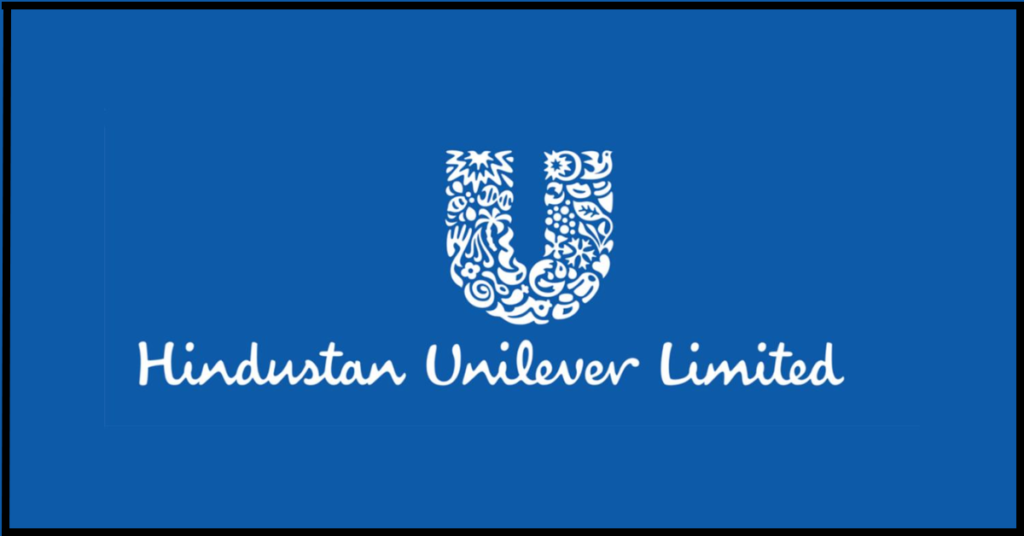
Overview: Established in 1933, Hindustan Unilever Limited (HUL) is the largest FMCG company in India. It is a subsidiary of Unilever, a British-Dutch multinational.
Product Portfolio: HUL’s vast product range includes brands like Lux, Dove, Lifebuoy, Fair & Lovely, Surf Excel, and Brooke Bond. They cover segments such as personal care, home care, and food & beverages.
Market Strategy: HUL’s success is attributed to its strong distribution network, innovative marketing strategies, and continuous product innovation. They focus on both urban and rural markets, ensuring widespread reach.
| Aspect | Details |
|---|---|
| Founded | 1933 |
| Services | Personal care, home care, food & beverages |
| Specialties | Product innovation, strong distribution network |
| Facilities | Manufacturing plants, R&D centers |
| Website | www.hul.co.in |
HUL-Top 10 FMCG Companies in India
Also Read : Top 10 Mental Health Startups in India
2. ITC Limited
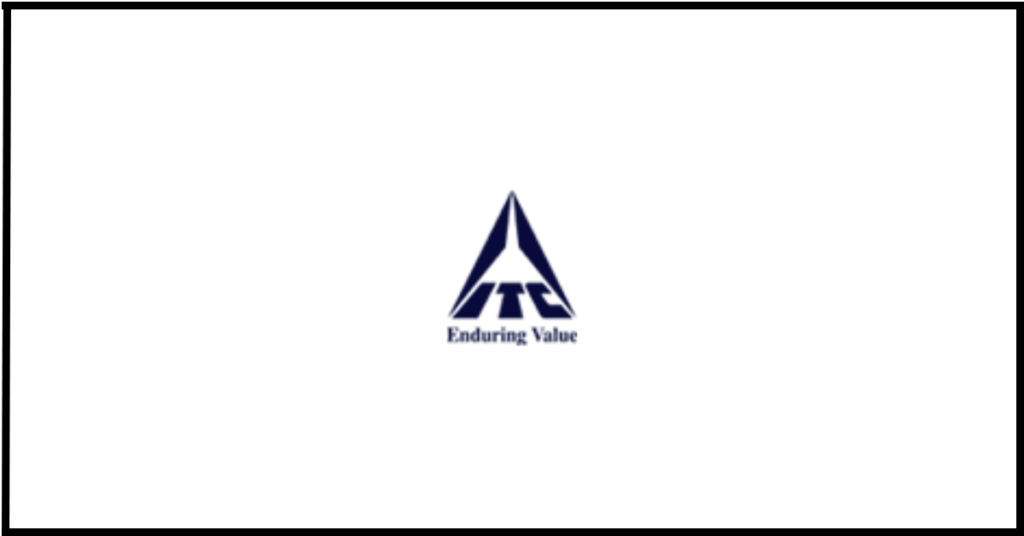
Overview: Originally known for its tobacco products, ITC Limited has diversified into various segments including FMCG, hospitality, paperboards, and agribusiness.
Product Portfolio: ITC’s FMCG segment includes popular brands like Aashirvaad, Sunfeast, Bingo, Yippee!, Vivel, and Fiama. They cover food, personal care, and stationery products.
Market Strategy: ITC leverages its extensive rural reach and strong brand equity. Their focus on quality, innovation, and sustainability has helped them maintain a competitive edge.
| Aspect | Details |
|---|---|
| Founded | 1910 |
| Services | FMCG, hospitality, paperboards, agribusiness |
| Specialties | Quality products, sustainability |
| Facilities | Manufacturing plants, hotels |
| Website | www.itcportal.com |
ITC -Top 10 FMCG Companies in India
Also Read : Top 10 Health and Wellness Startups in India
3. Nestlé India

Overview: Nestlé India is a subsidiary of the Swiss multinational Nestlé. It has been a significant player in the Indian FMCG sector since 1961.
Product Portfolio: Nestlé offers a wide range of products including Maggi, Nescafé, KitKat, Milo, and Lactogen. Their portfolio spans across nutrition, health, and wellness products.
Market Strategy: Nestlé India focuses on product innovation, consumer-centric marketing, and expanding its distribution network. Their emphasis on nutrition and wellness has resonated well with health-conscious consumers.
| Aspect | Details |
|---|---|
| Founded | 1961 |
| Services | Nutrition, health & wellness products |
| Specialties | Product innovation, consumer-centric marketing |
| Facilities | Manufacturing plants, R&D centers |
| Website | www.nestle.in |
Nestlé India-Top 10 FMCG Companies in India
Also Read : Top 10 Augmented Reality Startups in india
4. Britannia Industries
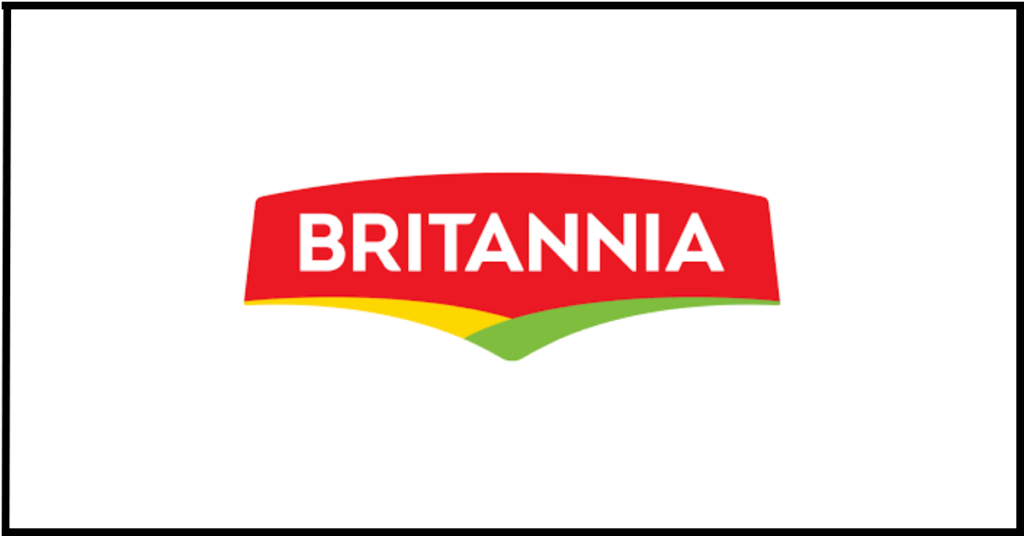
Overview: Britannia Industries, established in 1892, is one of the oldest and most respected names in the Indian FMCG sector.
Product Portfolio: Britannia is known for its biscuits, dairy products, and bread. Popular brands include Good Day, Tiger, NutriChoice, Milk Bikis, and Britannia Cheese.
Market Strategy: Britannia’s success lies in its ability to innovate and adapt to changing consumer preferences. Their robust distribution network ensures product availability across India.
| Aspect | Details |
|---|---|
| Founded | 1892 |
| Services | Biscuits, dairy products, bread |
| Specialties | Product innovation, strong distribution network |
| Facilities | Manufacturing plants |
| Website | www.britannia.co.in |
Britannia -Top 10 FMCG Companies in India
Also Read : Top 10 SaaS Startups for Software in india
5. Procter & Gamble Hygiene and Health Care
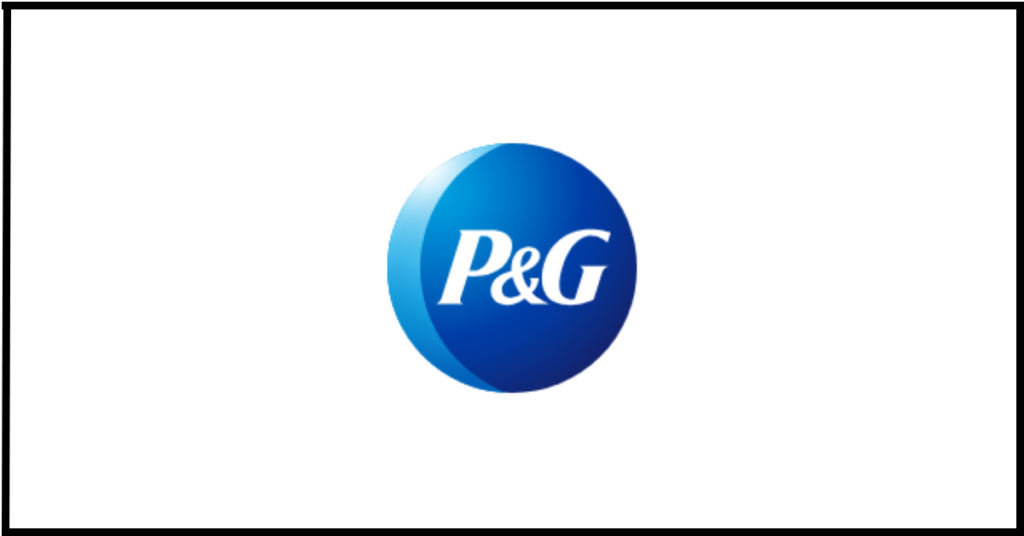
Overview: Procter & Gamble (P&G) is a leading global FMCG company, and its Indian subsidiary has made significant contributions to the market since its establishment.
Product Portfolio: P&G’s product range includes personal care and hygiene products with brands like Ariel, Tide, Whisper, Pampers, and Gillette.
Market Strategy: P&G focuses on high-quality products, innovative marketing strategies, and strong brand building. They also emphasize consumer education and engagement.
| Aspect | Details |
|---|---|
| Founded | 1837 (global), Indian subsidiary established later |
| Services | Personal care, hygiene products |
| Specialties | High-quality products, innovative marketing |
| Facilities | Manufacturing plants |
| Website | www.pg.com/en_IN |
P&G-Top 10 FMCG Companies in India
Also Read : Top 10 Virtual Reality Startups in india
6. Dabur India
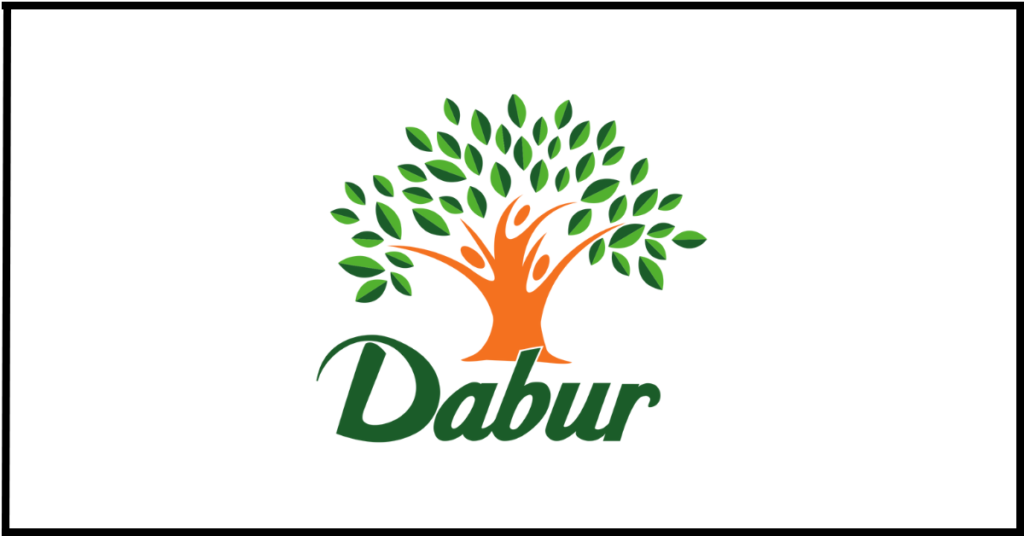
Overview: Dabur India is one of the leading Ayurvedic and natural health care companies in India, with a rich heritage dating back to 1884.
Product Portfolio: Dabur’s portfolio includes products like Dabur Chyawanprash, Dabur Honey, Vatika, and Dabur Amla. They offer health care, personal care, and food products.
Market Strategy: Dabur’s emphasis on natural and Ayurvedic products has helped them carve a niche in the market. Their extensive rural outreach and strong brand trust are key factors in their success.
| Aspect | Details |
|---|---|
| Founded | 1884 |
| Services | Health care, personal care, food products |
| Specialties | Natural and Ayurvedic products |
| Facilities | Manufacturing plants, R&D centers |
| Website | www.dabur.com |
Dabur -Top 10 FMCG Companies in India
Also Read : Top 10 Robotics Startups in India
7. Marico Limited
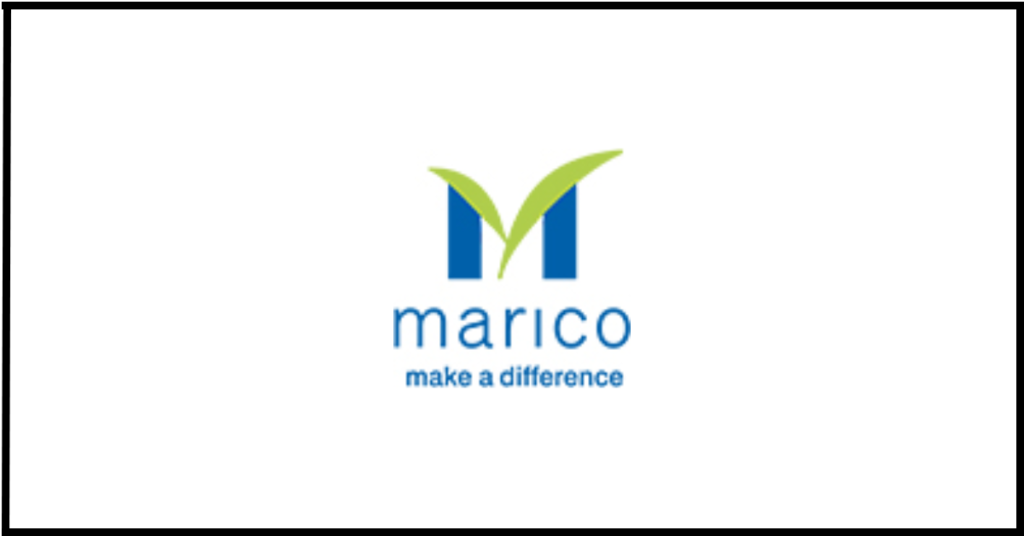
Overview: Marico Limited is a leading Indian consumer goods company, known for its focus on health and wellness.
Product Portfolio: Marico’s products include Parachute, Saffola, Hair & Care, and Livon. They cover hair care, health foods, and male grooming segments.
Market Strategy: Marico’s growth strategy revolves around innovation, brand building, and expanding its product range. They focus on consumer insights and sustainability initiatives.
| Aspect | Details |
|---|---|
| Founded | 1990 |
| Services | Hair care, health foods, male grooming |
| Specialties | Innovation, brand building |
| Facilities | Manufacturing plants, R&D centers |
| Website | www.marico.com |
Marico -Top 10 FMCG Companies in India
Also Read : Top 10 IoT Startups in india
8. Colgate-Palmolive India

Overview: Colgate-Palmolive India, a subsidiary of the American multinational, is a dominant player in the oral care segment.
Product Portfolio: Colgate-Palmolive’s products include Colgate toothpaste, Palmolive soap, and Protex. They specialize in oral care, personal care, and home care products.
Market Strategy: Colgate-Palmolive’s market leadership is driven by continuous product innovation, strong brand equity, and extensive consumer reach. Their focus on oral health awareness has been particularly effective.
| Aspect | Details |
|---|---|
| Founded | 1937 |
| Services | Oral care, personal care, home care products |
| Specialties | Product innovation, oral health awareness |
| Facilities | Manufacturing plants |
| Website | www.colgatepalmolive.co.in |
Colgate-Palmolive-Top 10 FMCG Companies in India
Also Read : Top 10 Blockchain Startups in india
9. Godrej Consumer Products Limited (GCPL)

Overview: Godrej Consumer Products Limited (GCPL) is part of the 120-year-old Godrej Group, known for its diverse business interests.
Product Portfolio: GCPL’s products include GoodKnight, Cinthol, Godrej No.1, and Ezee. They operate in the personal care, hair care, and home care segments.
Market Strategy: GCPL focuses on leveraging its strong brand heritage, innovative products, and extensive distribution network. Their emphasis on sustainability and social responsibility also enhances their brand appeal.
| Aspect | Details |
|---|---|
| Founded | 2001 |
| Services | Personal care, hair care, home care products |
| Specialties | Innovation, sustainability, social responsibility |
| Facilities | Manufacturing plants |
| Website | www.godrejcp.com |
Godrej -Top 10 FMCG Companies in India
Also Read : Top 10 indiaAI Startups in india
10. Patanjali Ayurved
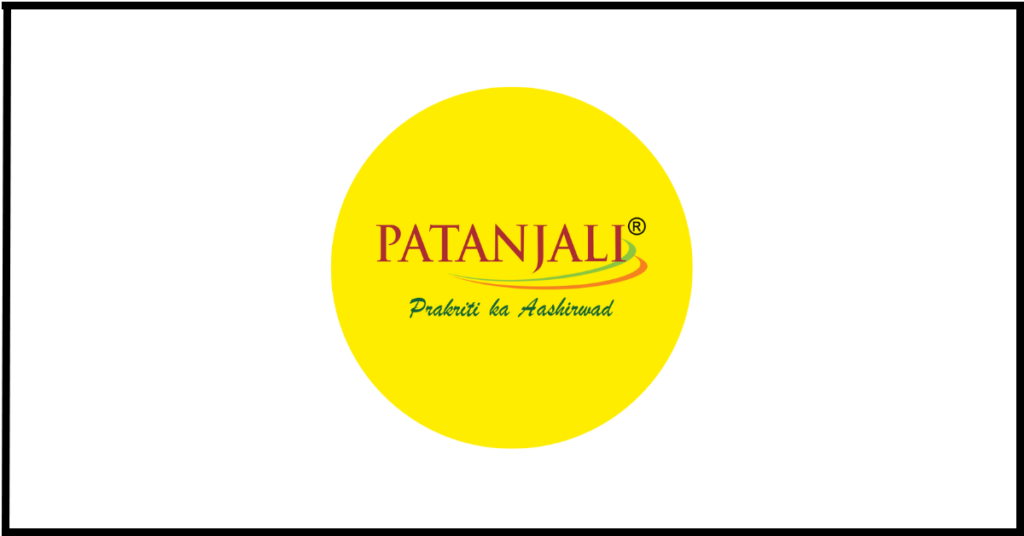
Overview: Founded in 2006 by Baba Ramdev and Acharya Balkrishna, Patanjali Ayurved has rapidly grown to become a major player in the Indian FMCG market.
Product Portfolio: Patanjali offers a wide range of products including food items, personal care, and health care products. Popular brands include Patanjali Ghee, Dant Kanti, and Kesh Kanti.
Market Strategy: Patanjali’s emphasis on natural and Ayurvedic products, coupled with strong marketing and widespread availability, has resonated well with Indian consumers. Their competitive pricing strategy also gives them an edge.
| Aspect | Details |
|---|---|
| Founded | 2006 |
| Services | Food items, personal care, health care products |
| Specialties | Natural and Ayurvedic products |
| Facilities | Manufacturing plants, R&D centers |
| Website | www.patanjaliayurved.org |
Patanjali -Top 10 FMCG Companies in India
Also Read : Top 10 E-commerce Startups in india
The FMCG sector in India is characterized by intense competition, innovation, and a deep understanding of consumer needs. The top 10 FMCG companies mentioned above have successfully navigated these dynamics through strong brand building, extensive distribution networks, and continuous product innovation. As consumer preferences continue to evolve, these companies are well-positioned to lead the industry with their commitment to quality and sustainability.
Frequently Asked Questions (FAQs) about the Top 10 FMCG Companies in India
1. What is FMCG?
Answer: FMCG stands for Fast-Moving Consumer Goods. These are products that are sold quickly and at relatively low cost. Examples include packaged foods, beverages, toiletries, and other consumables.
2. Why are FMCG products important?
Answer: FMCG products are essential because they cater to the everyday needs of consumers. They are items that are used frequently and purchased regularly, making them a significant part of daily life and contributing greatly to the economy.
3. What makes a company an FMCG company?
Answer: An FMCG company manufactures and sells fast-moving consumer goods. These companies often have extensive distribution networks to ensure their products are available to consumers in both urban and rural areas. They focus on high volume sales and low margins.
4. Which is the largest FMCG company in India?
Answer: Hindustan Unilever Limited (HUL) is the largest FMCG company in India, known for its diverse product portfolio and extensive market reach.
5. What are the major product categories in the FMCG sector?
Answer: Major product categories in the FMCG sector include food and beverages, personal care products, household care items, and over-the-counter drugs.
6. How do FMCG companies reach rural markets?
Answer: FMCG companies reach rural markets through extensive distribution networks, rural marketing strategies, affordable packaging, and by offering products that meet the specific needs of rural consumers.
7. What role does innovation play in the FMCG sector?
Answer: Innovation is crucial in the FMCG sector for product differentiation, meeting changing consumer preferences, improving product quality, and gaining a competitive edge. It includes new product development, packaging innovation, and adopting new marketing strategies.
8. How do FMCG companies ensure product quality?
Answer: FMCG companies ensure product quality through stringent quality control processes, adherence to regulatory standards, and continuous improvement initiatives. They invest in research and development to maintain high standards.
9. What is the role of marketing in the FMCG sector?
Answer: Marketing plays a pivotal role in the FMCG sector by creating brand awareness, driving consumer demand, and establishing brand loyalty. Effective marketing strategies include advertising, promotions, and consumer engagement.
10. How do FMCG companies contribute to the economy?
Answer: FMCG companies contribute to the economy by creating jobs, driving industrial growth, generating tax revenues, and promoting rural development. They also play a vital role in the supply chain and retail sectors.
Last Updated on: Thursday, July 4, 2024 4:30 pm by The Weekly News Team | Published by: The Weekly News Team on Wednesday, July 3, 2024 5:15 am | News Categories: Trending